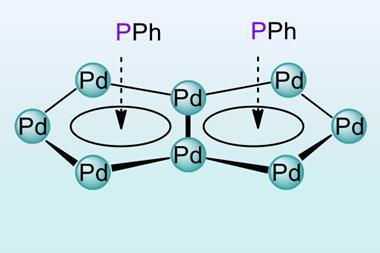Baseline pay and conditions compare well to other sectors for permanent staff
Pay and pensions for academics on permanent contracts compare well to those in other sectors, while sick pay is significantly more generous, according to a new report by the Higher Education Policy Institute (HEPI). They also fare well when it comes to annual leave, maternity and paternity arrangements, and sabbatical opportunities. However, newer academics can find it much harder to find secure and permanent contracts than employees in other sectors. Academics also score poorly on wellbeing and mental health.

‘We have been living through years of industrial action in the higher education sector without a secure evidence base on whether academics have relatively good or comparatively poor terms and conditions,’ says Nick Hillman, director of HEPI. ‘The results show a nuanced picture. Those on both sides of the recent disputes would do well to reflect on what more can now be done to tackle precarity in higher education. On the basis of this research, that looks like it may well be a more urgent priority than forever protecting gold-plated pensions against all change.’
The report benchmarks the pay and benefits of academics (excluding professional services staff) based on terms defined by the Chartered Institute of Personnel and Development (CIPD). Some of the more generous provisions the sector offers include: pensions with employer contribution rates of over 20%, compared to the median UK contribution of 5%; and a median of 33 days’ annual leave (excluding public holidays) compared to the UK median of 25. Sickness allowances are also very generous: the average entitlement in higher education is 13 weeks’ full pay and 13 weeks’ half pay after one year’s service. Only 20% of organisations in the UK offer 13 weeks or more entitlement.
However, only 67% of academics are in permanent employment, compared to 94% of people in the labour market as a whole. The remaining third do not have access to the same terms and conditions. The report also highlights the ‘considerable’ gender pay gap and a lack of representation of people from minority ethnic backgrounds in the higher echelons of universities.
Significantly, most academics say their work has a negative impact on their mental health, Hillman notes. He suggests that this is because of a range of factors such as the knowledge there is always more to learn in any specialist field, heavy teaching responsibilities and time-consuming administrative tasks. ‘In a very real sense, many academics tend to feel they are never off-duty.’
The report is proving controversial in some quarters. ‘University staff pay has fallen 25% behind inflation, tens of thousands eke out an existence on insecure contracts and half are showing probable signs of depression due to overwork,’ comments Jo Grady, general secretary of the University and College Union. ‘It is rich in the extreme to suggest they are living it up compared with other workers. The employment conditions in higher education in the UK have been consistently worsening and vice-chancellors are the ones who have allowed it to happen. But rather than use the sector’s record £44.6 billion income to invest in staff and students, employers are refusing to even negotiate at all. As a result, industrial action is continuing, and a national degree scandal is just around the corner.’
But Raj Jethwa, chief executive of the Universities and Colleges Employers Association, says the report highlights the ‘often-overlooked benefits’ of working in higher educations. It also shows ‘excellent progress’ on issues such as zero-hours contracts (1.9% of employees compared to 3.2% in the broader economy); and pay gaps (median gender pay gap in higher education was 13.7% in 2021–22, down from 16.2% in 2020–21, and below the 14.9% median across the broader economy). However, the report confirms that further work is needed to address key issues such as contract types and workload management.












No comments yet